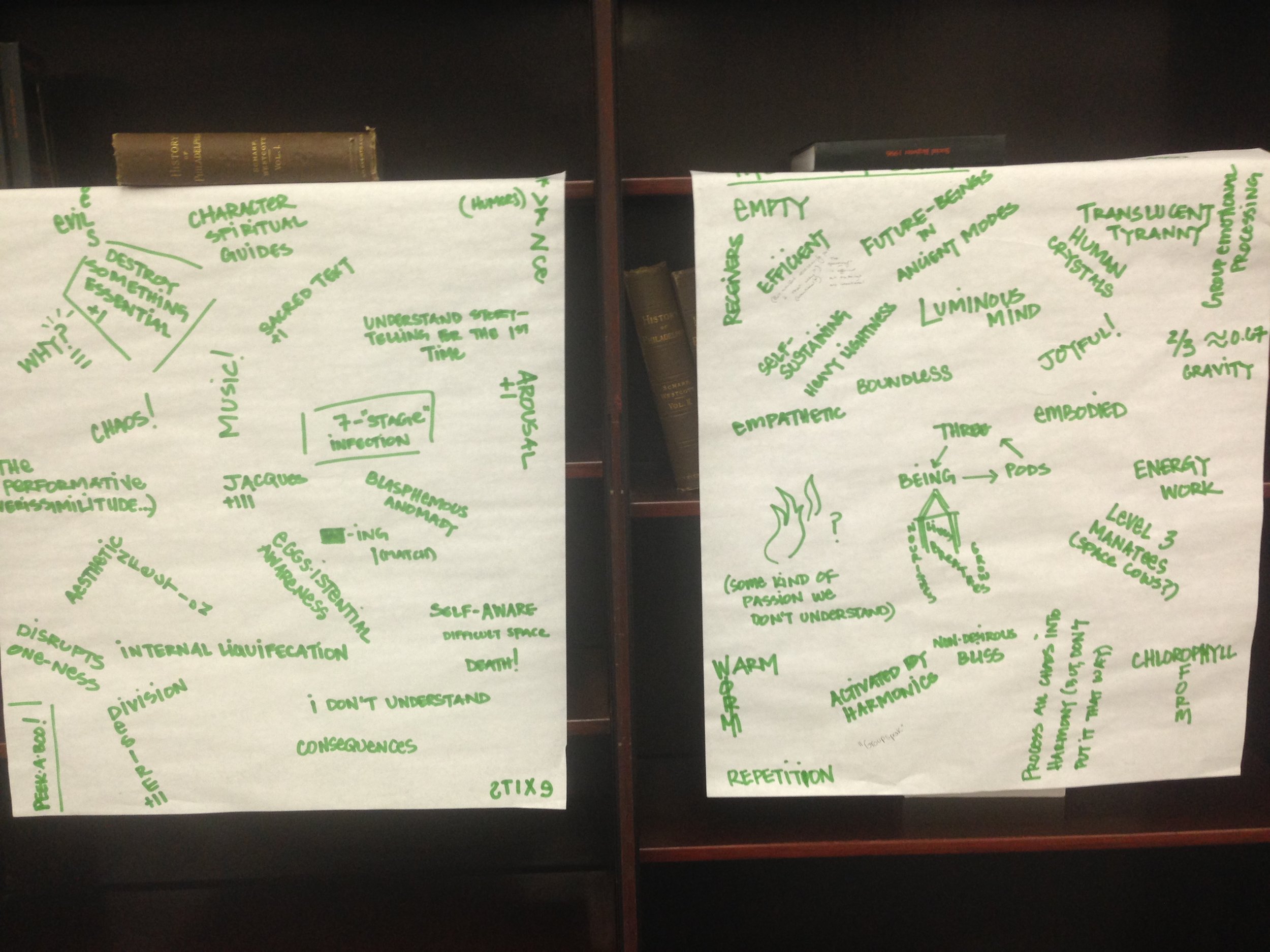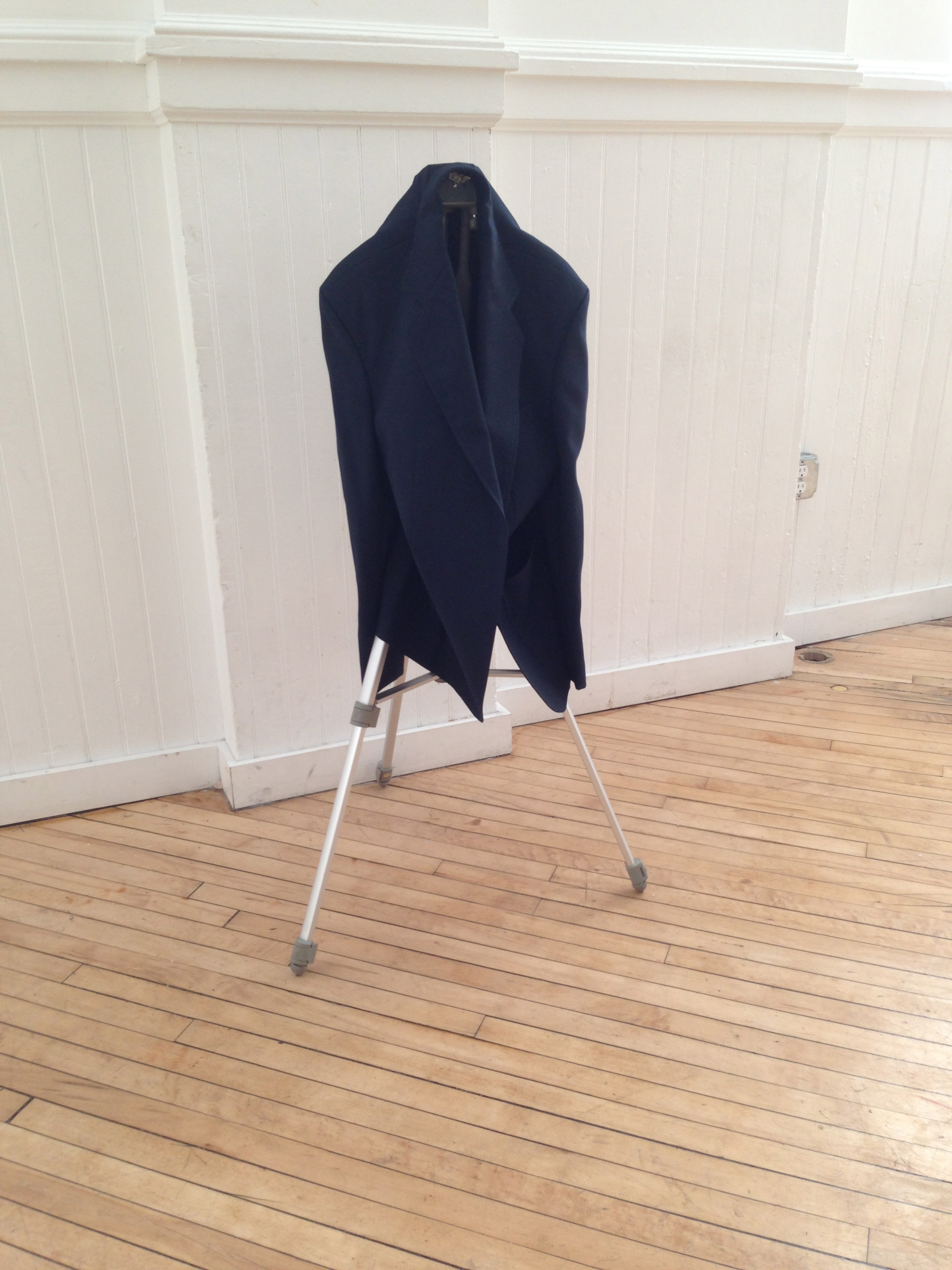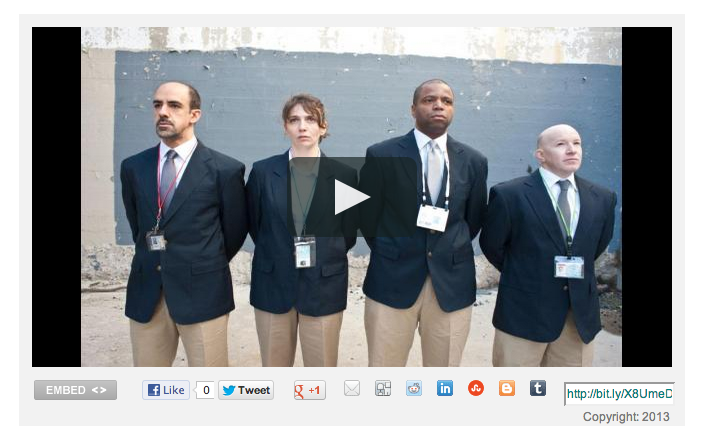A few days ago Jed sent out his fundraising plea to his individual list. It alone is such an impressive piece of writing, we decided to share it on the blog. There are many many links, but because I copied and pasted this from email into blog the links don't appear the way I'd most like them to. Just hover over the text and you'll see where to go.
Enjoy.
Family, friends, well wishers and loved ones all,
The following email is indeed an
ask email. I know that at this point there is a lot of exhaustion around crowd funding and maybe there is even exhaustion around people being exhausted about the exhaustion around crowd funding. I don't know really know, it's been a while since we ran a campaign, but...I get it.
So, I'm going to make it real easy for you and along those lines this e-mail functions like a choose your own adventurer novel.
You have
OPTIONS:
You could stop reading now. It seems obvious, but I just want to make sure I cover all my bases.
OR
If you want to keep reading, but don't want a long story and a song and dance about why it's important to give and what the project is about and blahblahblah, then please skip to section A now.
If however, you like a good yarn, and maybe even want to sit down with a mug of coffee or glass of wine and click all the links (there are probably too many, ok definitely too many) and want to discover how this project came about and how it is connected to the national dialogue on performance through a generous exchange grant please skip to section B now.
If you say to yourself, "Jed knows I'm broke, why would he send this to me right now? It's already hard enough for me to just make it out to one of the shows." please skip to section D now.
Or if you think to yourself, "Wait, I don't even like theatre and why is this man bothering me? I only like dark seventies Sci-Fi flicks" please skip to section E now.
A.
-"Ok, so where do I click to see whether or not I want to give?"
B.
-"Jed, it's been a while friend, what's all this about a campaign? And also, did I hear you are making a play about outer space and Shakespeare? Oh and oh, and also, why...oh gosh, I'm out of breath. (heavy breath in and out) I have so many questions, but you better just start talking while I drink my (insert beverage of choice here)"
Ok, so the long story is that four years ago, while we were working on
this in Juneau (which eventually became
this in Providence) we had a meeting over halibut fish and chips at the Sand Bar near
Auke Bay where I proposed that our next show should be very loosely inspired by my experience working as a museum security guard, which two years later would become
this. At the same meeting Aram proposed that we make "
As You Like It in space". Roblin, Rebecca and I were a little taken aback.
"As You Like It in space?" we thought. "Isn't that a bit like setting the Tempest on the Moon? Or doing
Hamlet on roller skates?". Instead of balking out loud we three read a lot into Aram's proposal, talking as best as we could remember about the themes of Shakespeare's "As you like it" as they might to relate to space. "It's a pastoral comedy, right? Space in this instance
is the Forest of Arden!", etc. while I think we also wondered in the back or our minds
"Are we really going to do Shakespeare in space?".
As the three of us internally began to reach our own individual concept driven Shakespeare resistances, Aram clarified that he really just liked the title(!) When we pressed further he told us about his parents taking him to a summer stock production when he was a little kid on vacation in Maine and that the experience had really stuck with him. Before we dismissed the idea, Roblin asked the basic question, "But, would we really just be doing "As you like it" set in space?" To which Aram replied in the lucid, yet still shrouded in mystery way that only he could respond, "We will play highly trained astronauts that are forced to perform As You Like It".
Imagining these explorers in a world so far in a future where Shakespeare had been forgotten and touched by the idea of a group of incredibly skilled people having to give a command performance (or else), bereft of the resources and knowledge to do so, inspired us to take the last two words from one of the most famous monologues in the play and to tentatively title a piece we knew very little about "
Sans Everything".
Flash Forward two years, we have continued to ponder the mysteries of space, look at Lexicons, and read about the
great chain of being but not yet had time in the studio to work on it. Meanwhile we were now working on the
security guard play in the evening at
Pig Iron Theatre Company's School space in Philadelphia, when we meet Scott Sheppard, Jenn Kiddwell, Katie Gould, and Alice Yorke who are all finishing their second year in the program. Together with Mason Rosenthal they have formed their own company,
Lighting Rod Special(LRS). That year at the Philly Fringe they watch our show about guards and we see their
quirky character driven absurd exploration of contemporary masculinity through the lens of the mythopoetic men's movement. We get drinks, we chat about art projects, we get generally intrigued by each other's companies. When we get the opportunity to start work on Sans Everything again at Roger Williams University a year later we ask if they are interested in collaborating on it with us. They say yes and come to Rhode Island, we have a great week of work together in a warm barn in a cold January in Bristol and we decide to apply for a big national grant to get back together the next year. We do not get it. We continue to...
-"Jed I'm sorry, but this is getting long and there are a lot of links and I've got laundry to do. ...Can I go now?"
-"Jed, seriously, I gotta go, this is more than I signed up for."
Ok, but go to section A before you go. Or better yet, if you want to come back after you're done <insert more pressing thing here>, you can. I'll just wait here.
-"Ok I'm back, so...you didn't get that big grant?"
No, but we then manage to get a small grant from
RISCA to meet a year later for another week of work and again have a great time and make more progress on the piece and again apply for a big national exchange grant from the
Network of Ensemble Theaters, but this time we get
it!!
-"Oh! Wow! Congratulations! I'm going to go watch Netflix now."
Yes, thank you, we are super excited, but wait. It's a matching grant and it was for $10,000 and both companies actually have to raise about that much each.
-"Wow, that's a lot of money. I hope you don't think I have 20,000 dollars to spend on other people's art projects."
Don't worry! We are only trying to raise $10,000 through the crowd funding site
indiegogo. The rest we are hoping to raise through private foundational support and other granting organizations. The good news is that we have actually raised nearly $3,000 dollars through
61 contributors already. You can give as little as $1 and as much as you like and it's tax-deductible through our wonderful fiscal sponsor
AS220.
OPTIONS:
1.) "Ok, I'm ready to give, where do I go to donate, and also can you tell me a bit more about the themes of the project?"
Great! Thanks a million! Please go back up to section
A or just click
here.
2.) "Ok, I'm convinced, however I'm a bigwig and want to deduct my donation, but don't want Indiegogo or their payment system to take money out of my donation. What should I do?"
Thanks for your support! Just reply to this e-mail and let me know or send an email to
info@strangeattractor.org and we can work something out with our fiscal sponsor.
3.) "I donated already. Why are you still pestering me and why did I read this far?"
Oh no, I'm truly sorry! Thank you for your support! These lists get big and a lot of us our friends with a lot of you. We do our best to eliminate names that have already donated, but sometimes one slips through. Maybe you want to skip down to section E and peruse one of the 70's sci-fi movies listed there?
4.) "I'm still not convinced, $30,000 seems like a lot of money. What do you need all that money for, I mean it's just a play... right? Can I look under the hood?"
Sure thing! $30,000 is a lot of money, but with stipends for 10 separate generative actor/creators, two companies involved, two separate month long development processes and travel to 4 different cities and not to mention, space costs that are not donated, housing that's not donated, festival entrance fees and hopefully a lighting, costume and set designer who will join the team, this is truly our largest project yet.
I won't paste our spreadsheet here, but if you want it, just e-mail me and I'd be happy to send it you. The thrust of the exchange grant is primarily administrative in nature and so we are happy and prepared to get into the number nitty-gritty!
C.
-"I don't follow rules and I will read EVERY PART OF THIS E-MAIL!!!!"
Ok. Alright, um....I wasn't prepared for this, but maybe go
here or I guess
here.
D.
-"Come on, I really like your shows, and I know you can't cover all the expenses of making a show with ticket sales alone and I would give you more if I could, but I can barely afford to see shows as it is."
No problem. If now is not a good time to give and coming to see one of our shows is all you are able to commit to, then that's great! We love you guys! If you have an extra second and have enjoyed what we do, please consider sharing a story of something you have seen by Strange Attractor on your social platforms with a link to our
campaign. Or forward this email on to someone you think might like to give with a sweet note attached. We love when we are able to offer live cultural events throughout the year and with your help and support we will continue to do so in the future. Also, please make sure to check back in later in the fall on
Facebook and at the
website for more info on our showings in Philly and at the New Orleans Fringe and then again in FEB/MARCH 2016 for showings at AS220 in Providence and then outside Boston at the
Charlestown Working Theatre, where we are performing as part of their 40th Anniversary Season!
E.
-"Alright, so... I'm still reading this, but what's in it for me, I told you I only like dark 1970's sci-fi!!!"
I hear you. Please, stop yelling, why don't you just check the following flicks out. You got to be a little internet savvy and click thru a bunch of links, and you know maybe it won't still be there by the time you click it, but if you get there I hope you enjoy Ridley Scott's and Dan O'Bannon's 1979
masterpiece. Also, If you're a real nerd and haven't seen it already, you might also like O'Bannon and John Carpenter's goofy, yet still dark precursor
Dark Star, which is hosted on a slightly more legit site.
Ok...and, since you're still here and while I'm at it, you might also like the sweet and sad, elegant, and sometimes earnestly cheesy eco-sci-fi film
Silent Running complete with two songs performed by Joan Baez, starring Bruce Dern and directed by
Douglass Tumbull, visual effects master (of
2001, Close Encounters of the Third Kind and
Blade Runner fame) in one of his rare turns as Director.
F.
-"I like to read and don't really understand the choose your own adventure format, but thanks for the email. It was a lot of links, but here I am, still reading. You got anything else to say?"
No, but thanks for reading everything and I hope I get to see you this year or in the next at one of our showings. We love to make original theatrical events and feel pretty lucky to know people who want to see them and are generous enough to allow us to keep doing them without going bankrupt! Thanks for all you do and see you real soon!
Many thanks!, Jed
www.strangeattractor.org
pvd/phl/jnu




































